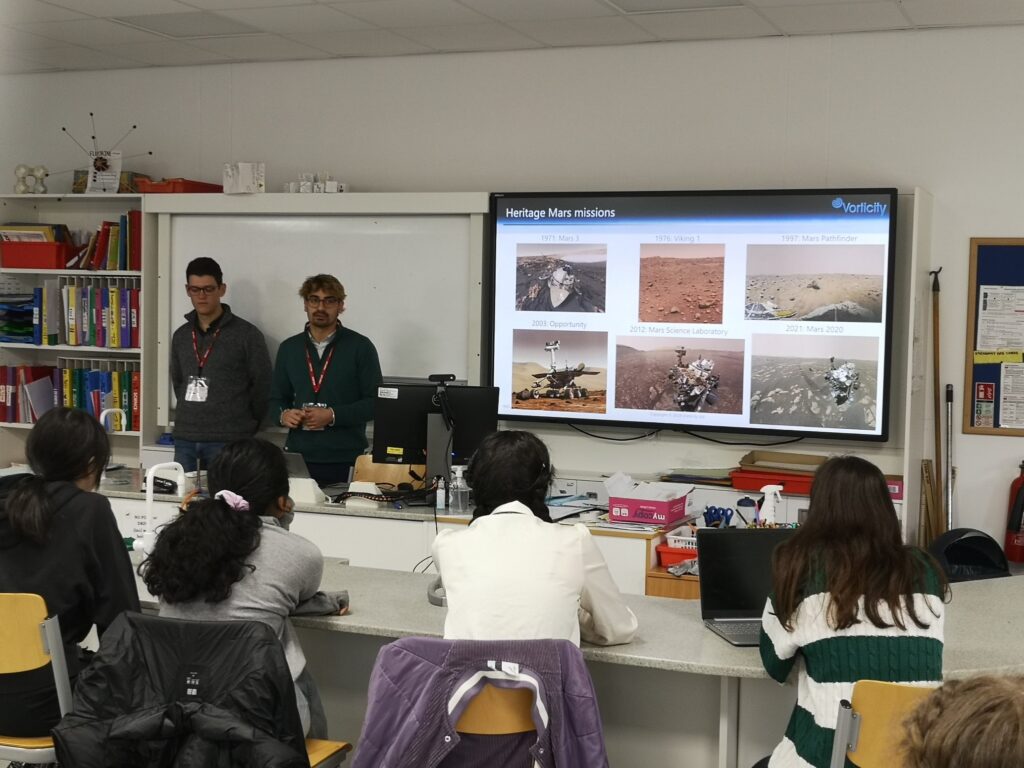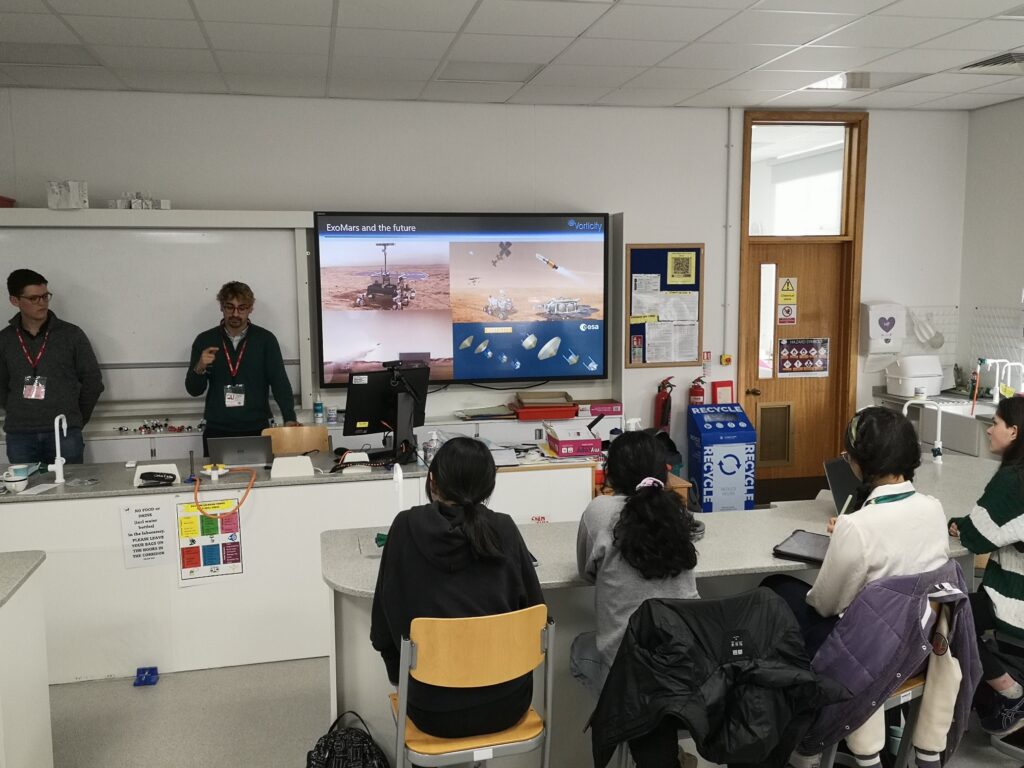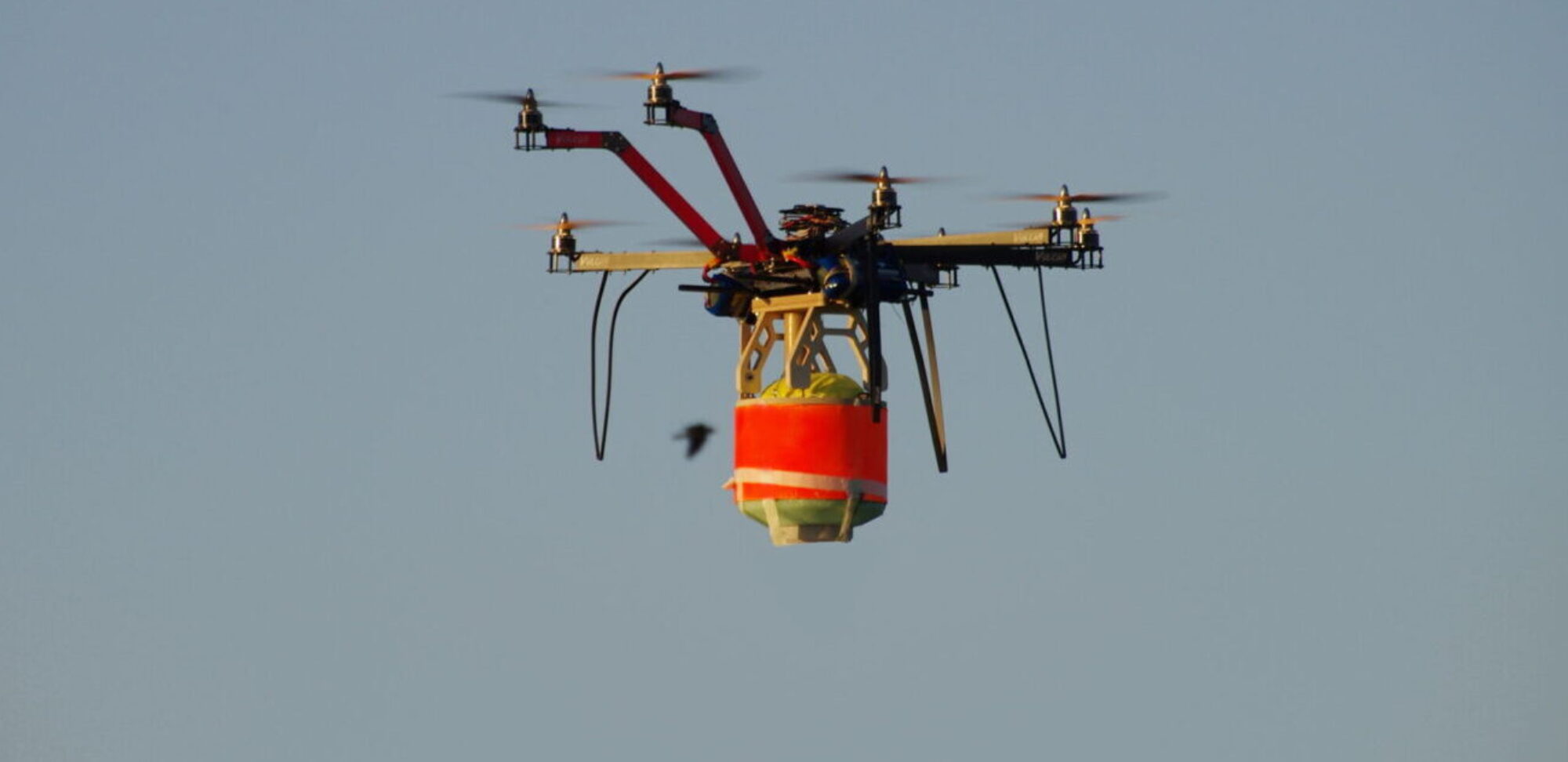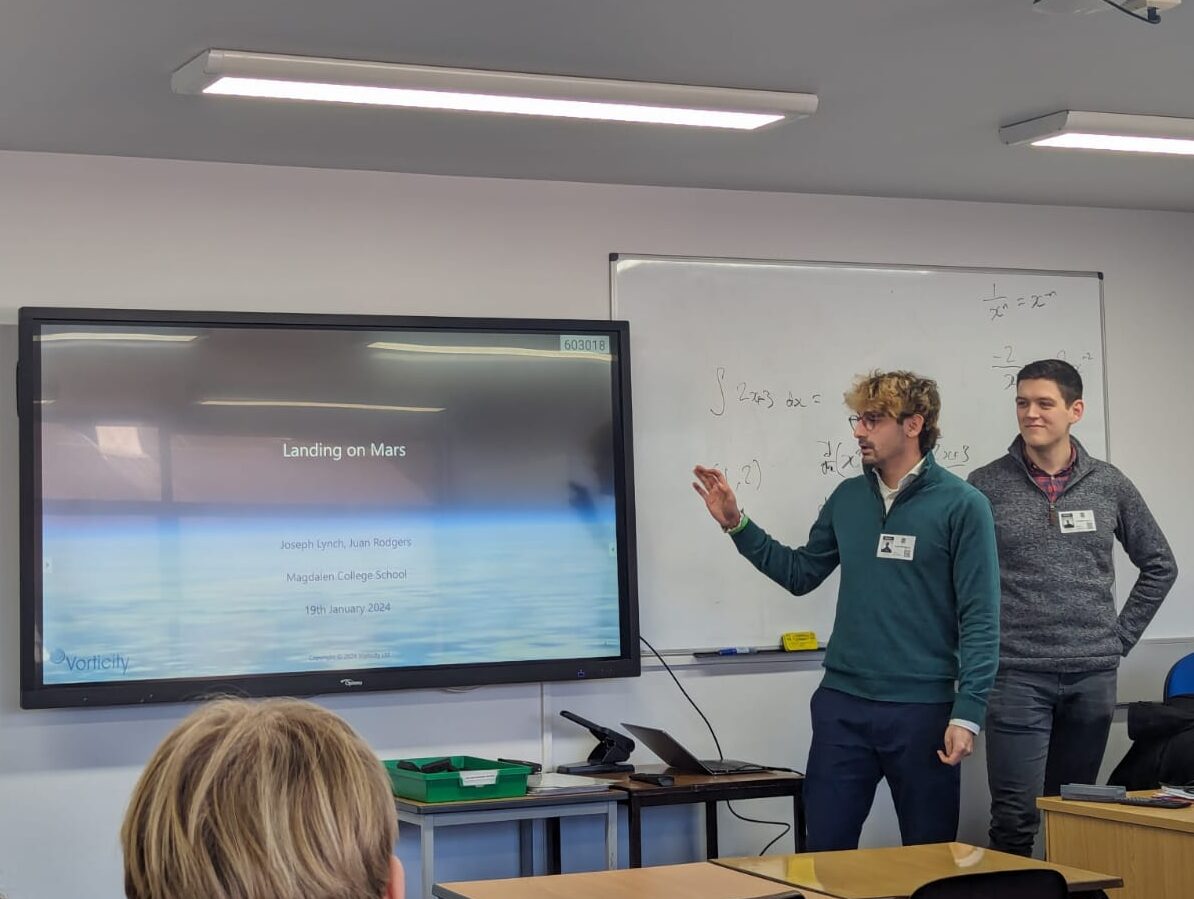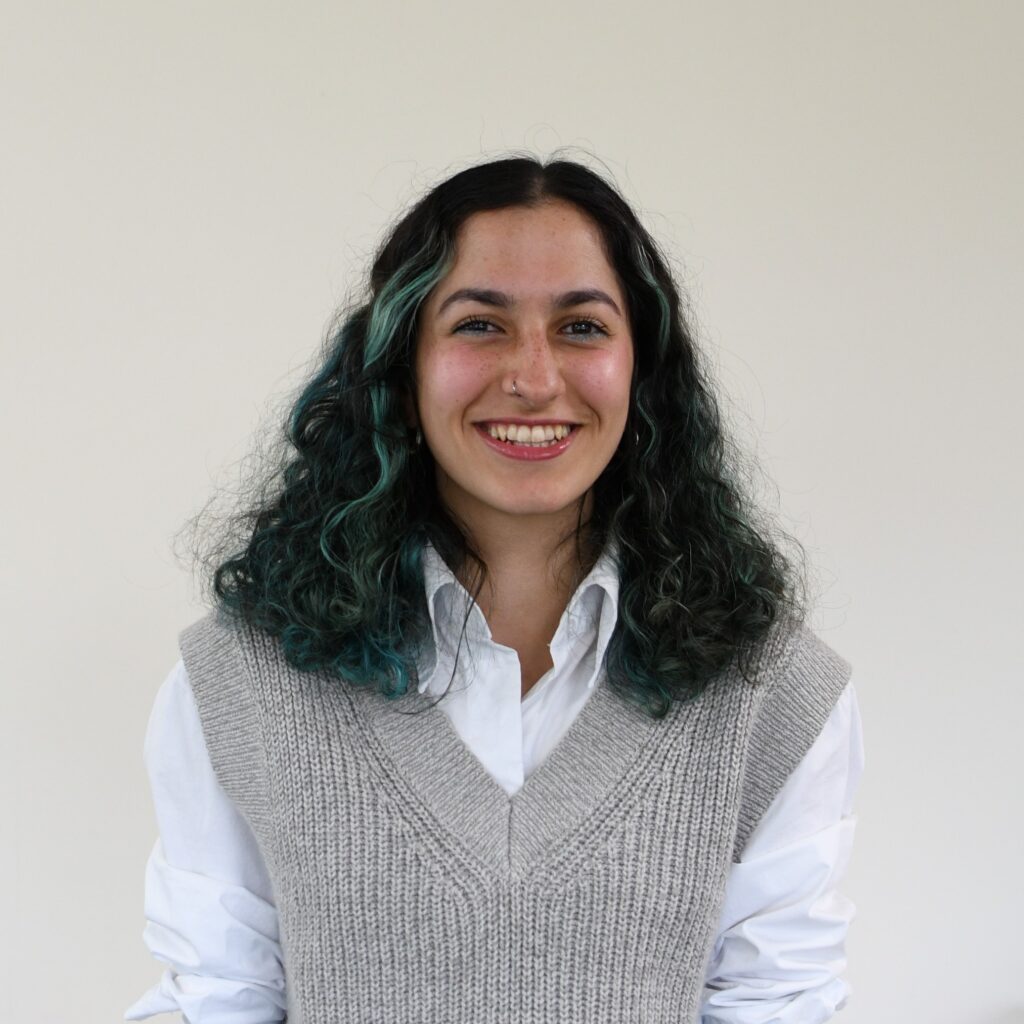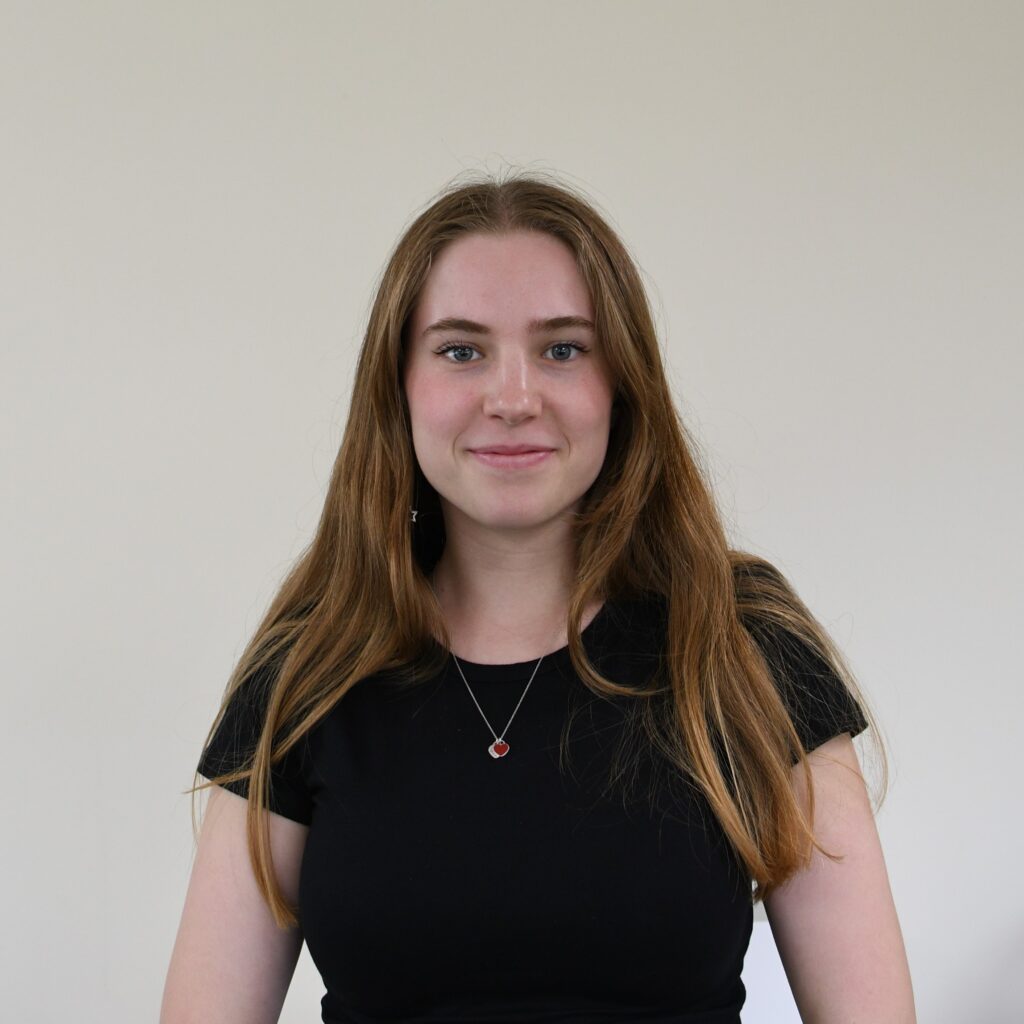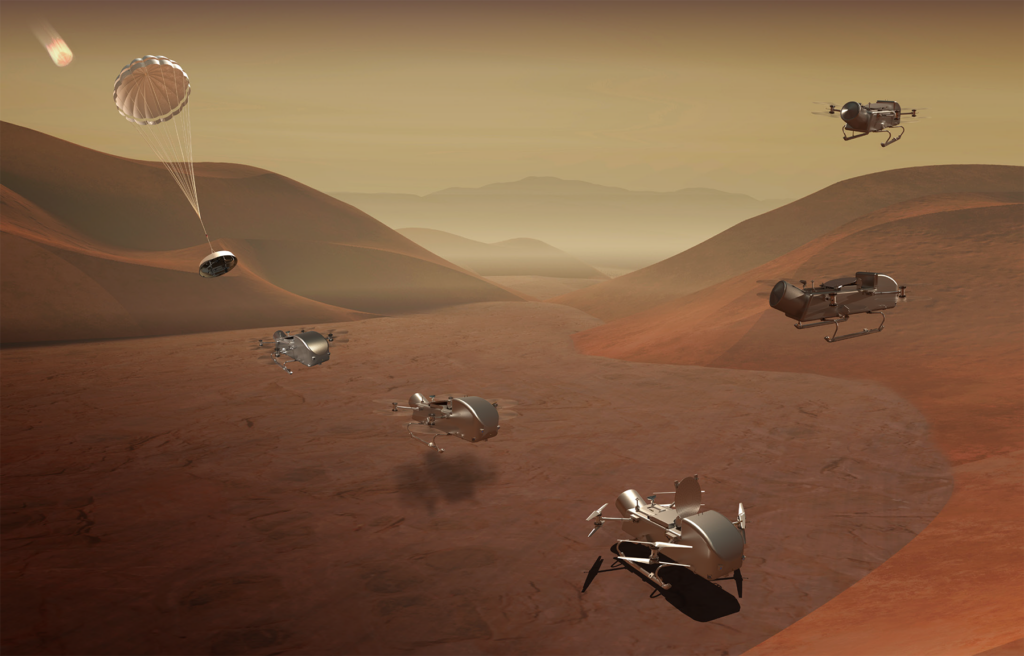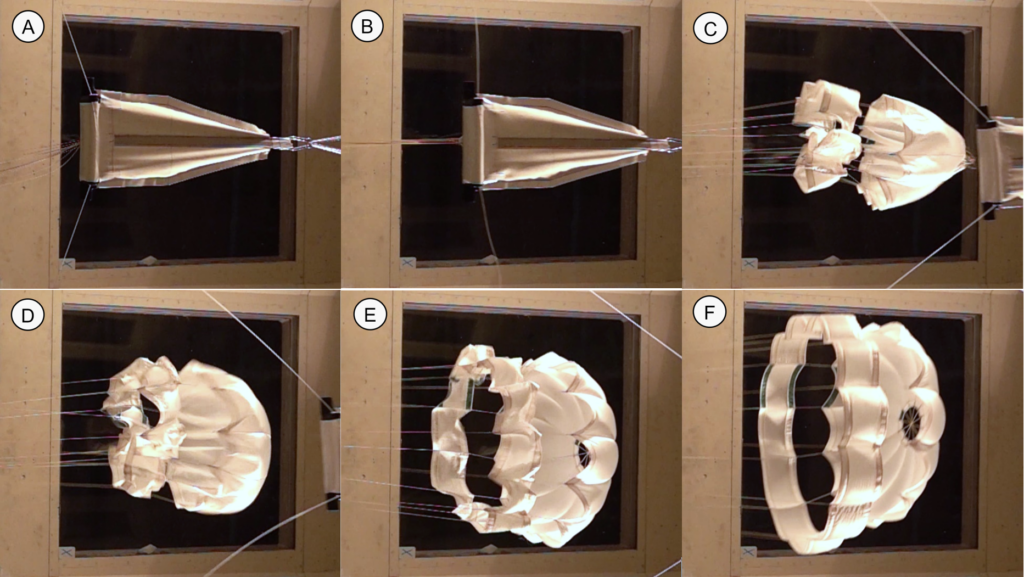Joe and Juan , two of our systems engineers, presented an overview of interplanetary Entry Descent and Landing to Headington School’s STEM club. Vorticity’s presentation outlined the history of exploration missions to Mars, the technical challenges facing a successful landing on the surface, the essential design of an entry system and described upcoming missions to the red planet.
It was very rewarding to connect with students and share insights about various career paths within engineering. This talk provided a platform to illustrate real-world applications of their studies and an opportunity to engage with insightful questions and discussions.
Alvina, one of the students who attended the talk wrote: “The recent talk by Juan Rodgers and Joseph Lynch from Vorticity, focusing on the challenges of landing probes and spacecraft on Mars, was both enlightening and engaging. What stood out to me were the various tests the parachute had to undergo before being used in the ExoMars mission. They shared fascinating footage of the High Altitude Test and Dynamic Extraction test, showcasing the incredible complexity involved in achieving precise timing and positioning for parachute deployment. I was particularly intrigued by the simulation of the supersonic parachute, which reveals the astonishingly tiny margins for error in ensuring a flawless deployment. This talk has greatly expanded my understanding of aerospace engineering, especially in relation to the essentials of designing, developing, and testing space flight systems. Despite complex rocket science, they explained the information perfectly. I would love to dive deeper into the underlying scientific principles of aerospace engineering. Thank you!”


